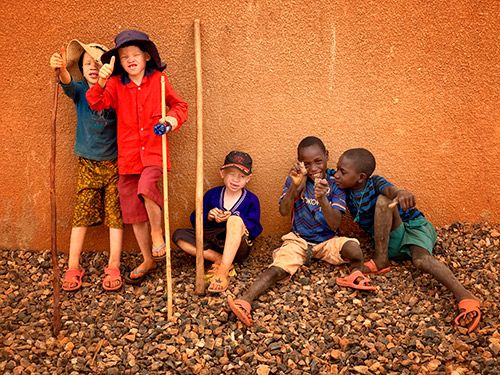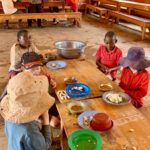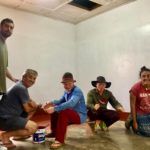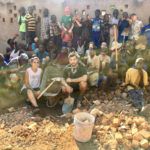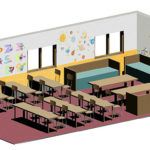Improving the living conditions of Albinos, the disabled and the community of Kabanga (Kasulu, Kigoma region)
Kabanga, with a population of 12.000 habitants is a rural community located 15km from Kasulu town, (Kigoma region) and host the Kabanga Protectorate Centre and School (KPCS)
Kabanga boarding centre and school for albinos and disable children project
By the time Kabanga was identified by the government as a ‘’safe haven” for children with albinism in rural western Tanzania, more than 70 children with albinism were brought to the centre. The KPCS currently houses a total of 211 inmates (118 children, 80 girls and 13 mothers), of whom 198 are people with special needs, such as the blind, deaf, physically disabled, and where 70 albinos are included, as more than half of the albino children have vision problems and all of them need special attention in matters of skin care and hygiene and safety.
At present, and despite the support provided by the Government and occasionally by other local and international organizations, in view of the massive arrival in recent years of albino children and others with different disabilities, the capacity of the centre has overflowed, and today lacks infrastructure and equipment to meet all the accommodation and education needs of its inmates.
The present project arises from an appeal made by the Kabanga centre itself and the KTC (Kasulu town council), to bring urgent assistance to beneficiaries living in isolation and poverty who require special attention because of their vulnerability, to a society that ignores them, and thus be able to promote the personal development of all of them and to lead a dignified, active, safe and healthy life.
Context of albinos in Tanzania
Until a few years ago, African albinos faced two main threats: their extreme sensitivity to the sun (their life expectancy without adequate protection and treatment is 30 years), and social marginalization and rejection. Many were abandoned by their own families, discriminated against at school, and had little chance of entering the world of work. In this country, all the myths associated with albinos made this population live hidden, very isolated and dispersed throughout the Tanzanian territory. Many believe that albinos are a divine curse, or that they are jinxes that bring bad luck, or that they are children of the devil, or that they are simply by-products of adultery or venereal disease. In Tanzania, albinos are discriminated against, segregated and in many cases persecuted, killed or mutilated.
Since 2007, more and more news about the persecution and killing of albinos in different African countries, caused by the increase in trade in their body parts, began to be made public. This has led in recent years to the emergence of a macabre and lucrative black market for human amulets. Extremities, skin, bones, hair and even the blood of albino people are used by local witches as ingredients to make potions to which they attribute magical powers such as giving luck or attracting wealth.
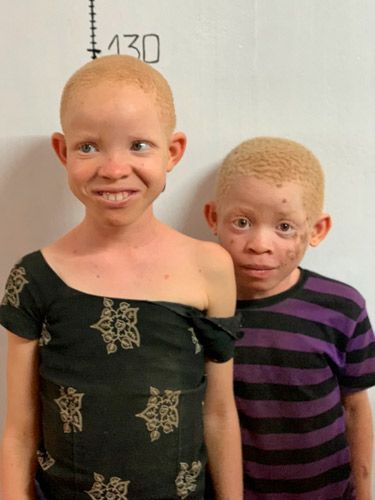
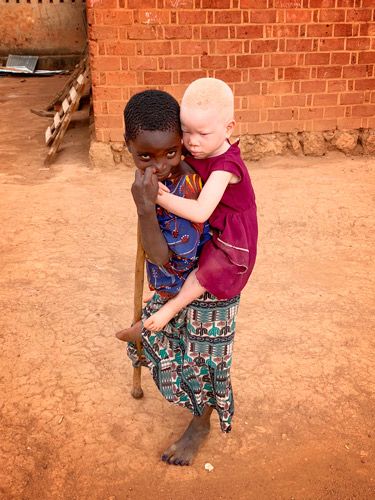
Context of Disabled People in Africa
Due to the lack of infrastructure, resources, knowledge and, above all, goodwill, the majority of disabled children in Africa do not receive any education; in fact, not even a primary education. According to a number of international statistics, only 2% of children with disabilities have the privilege of attending school. It is therefore a serious violation of the Convention of Children Rights which guarantees the right of all children to attend school. In most African countries, the schooling rate for this group is much lower than for other children. School dropout rates are much higher. Their learning achievements are often worse because schools are not designed to serve them and teachers are often not adequately trained. While it is true that several countries in Africa, such as Tanzania, have in recent years introduced specific national laws, policies and strategies to respond to the needs of children with disabilities, however, in terms of implementing inclusive programmes and allocating adequate resources, many countries are lagging behind, although there are examples of activities aimed at helping children with disabilities develop their potential, such as the Kabanga Centre.
Objectives
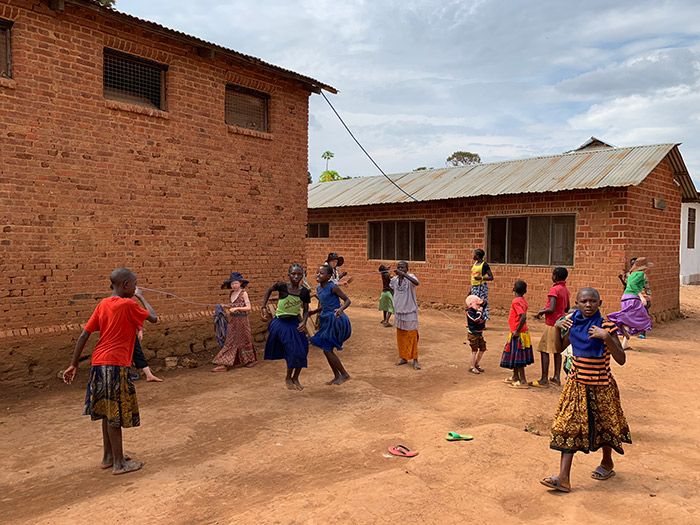
- Improving the quality of education, special education and the specific infrastructure and resources of Kabanga centre
- Social integration and security of the albino population of the Kabanga Centre.
- Inclusion and adaptability of children with physical and cognitive disabilities at the Kabanga centre
- To strengthen the preventive health, nutrition and healthy habits of the beneficiaries of Kabanga Centre
Main activities
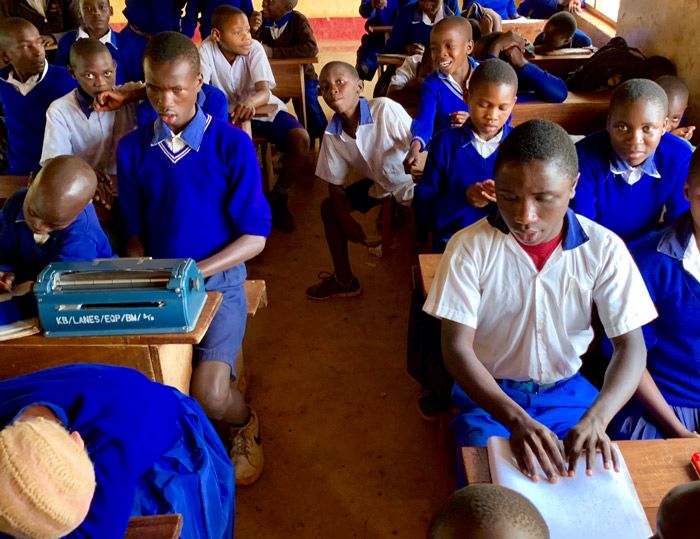
- Rehabilitation, construction and equipment of the living and sanitary spaces for the 211 inmates and other common spaces that include dining room and annexes and accessibility.
- Integral reform of the kitchen based on criteria that favour the physical, environmental and health safety of all users, with specific equipment for the manufacture of pellets for combustion.
- Expansion with 9 new classrooms and their equipment and reform of the 5 existing ones in the integration school of the centre with over 800 students.
- Teacher training workshops to improve primary and special education care.
- Vocational training workshops for interim youth and women.
- Training programs in first aid and cures, workshops on specific health care, good hygiene practices.
- Internal basic primary health dispensary supply.
- Cooperation with associations that provide periodically specific or specialist health services and provision of pertinent material.
- Awareness campaigns and support to the Tanzanian Albinism Society (TAS) to promote social awareness of the community about these most vulnerable groups.
- Yearly International Volunteers program

